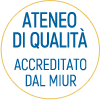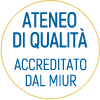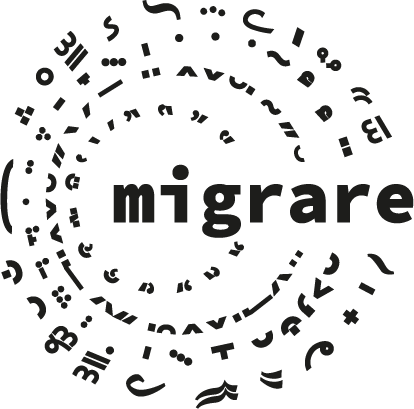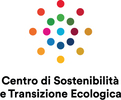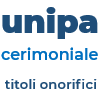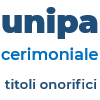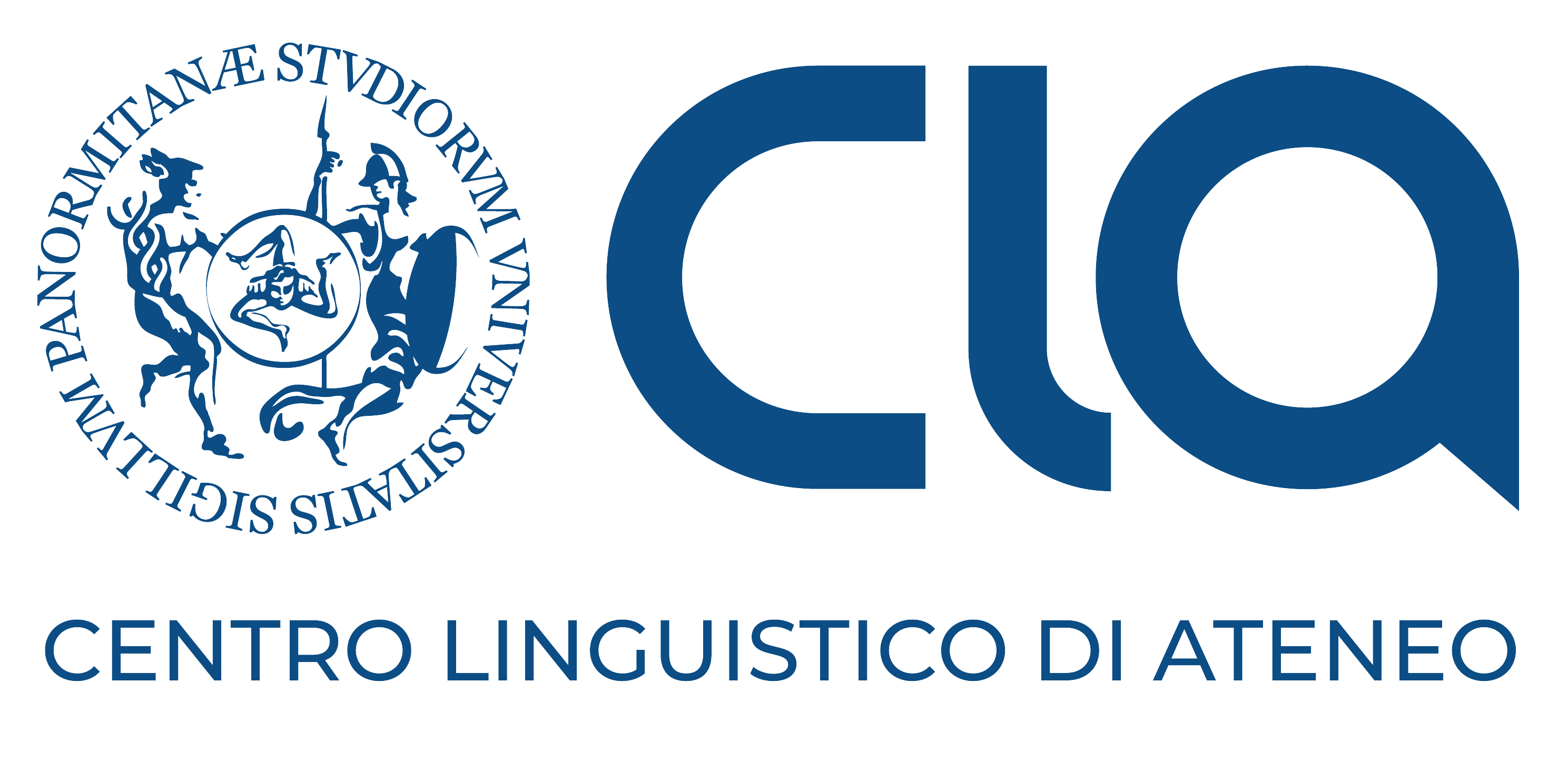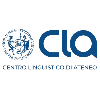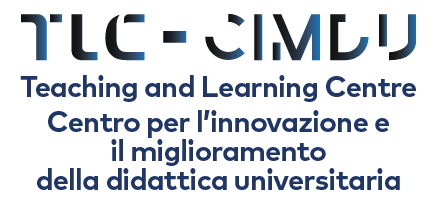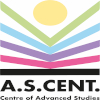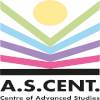Geanina Bireescu
First name / Surname: GEANINA BIREESCU
Date and place of birth: 02. 10. 1967, Bacau, Romania
Professional address: 47Lascar Catargi Street, 700107, Iaşi, România, phone/fax: +40232-218121, e-mail: bireescugeanina@yahoo.com; Websites: http://www.dbioro.eu; http://www.icb-iasi.ro
- Doctor in Agricultural Sciences / PhD Diploma: University of Agricultural Science and Veterinary Medicine Bucharest, Romania
- University Diploma: „Al. I. Cuza” Iaşi University, Faculty of Biology, Romania
- Baccalaureate Diploma: High School “Ştefan cel Mare” Târgu Neamţ, Romania
Current employmentand scientific title: National Institute of Research and Development for Biological Sciences (NIRDBS) Bucharest – Biological Research Institute Iaşi, Romania – Department of Experimental and Applied Biology - Scientific Researcher III-rd Dr.
Occupational field: Soil microbiology; Ecological and Anthropogenic Impact Studies, Unpolutant and Unconventional Technologies
- Coordination of scientific research in the framework of the partnership.
- Cooperation Agreement for Internationalization Doctorate between Universita degli Studi di Palermo, Italy (Research Doctorate in Ambiental Agriculture), University of Agricultural Science and Veterinary Medicine Iasi, Romania (Research Doctorate in Horticulture) with participation with Biological Research Institute Iasi, Romania – Agreement No. 24 / 08. 01. 2010; Responsible from BRI Iasi: CS III Dr. Geanina Bireescu
(1.) Eco-pedological and pedo-biological studies concerning the impact of the soil pluvial erosion, saltness, acidification, compaction, excess or deficiency of moisture on the soil fertility and quality indicators in the agroecosistems from hilly areas.
(2.) The impact study of technological measures on biological activity in the pluvial eroded soils.
- The establishment of technological solutions for the turning to good account of lands affected by pluvial erosion, saltness, acidification, compaction, excess or deficiency of moisture in the agroecosistems from hilly areas.
- The establishing of sustainable technology for mitigation, conservation and turning of soils on
agricultural land affected by various forms of degradation and deficiency of moisture.
(3.) Establishing of risk-generating sources and how to intercept the flow of cultivation technology
(4.) Analysis of soil risk factors (water, plant and fresh product)
(6.) Testing of an assortment of new fertilizers for homologation. In this way, we pointed out the effect of some Romanian and import solide and liquide fertilizers, applicable to soil and plants, on the productivity and quality of vegetable, fruit trees and vine culture, from quantitative and qualitative point of view. Thus, we aimed the effect of these unconventional and unpolutant substances on energetically and photosynthetic efficiency, plant metabolism and some productivity indicators (fruit weight, plant size etc.). After research we founded a significant production increases by fertilization with low and unpolutant doses, like alternative fertilization under sustainable agriculture.
(7.) Developing of necessary documentation for homologation, in Romania, of Italian products, used as ecological fertilizers in agriculture, and also, with secondary role of plant protection.
(8.) Developing of Sustainable Management Plan. We considered a major set of technological measures, scientific and investment to harmonize and optimize the imbalance between what can provide the soil and what is achieved in practice, in order to sustainable management of best use of soil resources and bringing profit. This strategic plan pointed out the main ecological negative or stressed ecological factors and determinants, together with the main negative effects for the intervention in scientific, technological, administrative - economic and managerial way.
- study and analisys of abiotic determinant factors with major role in maintenance and conservation of biodiversity;
- the influence of ecological impact on structure and functionality of natural and anthopogenic biocenosis;
- quantitative and qualitative assessment of zonal and local ecological specific: the main negative ecological factors and their effects on structure and functionality of natural and anthopogenic biocenosis;
- the analisys and assessment of effective trophicity of soil resources;
- the impact of agricultural technologies on soil biological activity.
Memberships in the professional associations:
- International Scientific Centre of Fertilizers (CIEC);
International scientific events:
1.) 5-th International Congress of the European Society for Soil Conservation: The Soils of
Tomorrow – Soils Changing in a Changing World Soil Conservation – The Soils of Tomorrow-Soil Changing in a Changing World, Palermo, Italy, 25-30 Jun., 2007
2.) Eurosoil Congress, 2008: Soil-Society-Environment - Vienna, Austria, 25-29 August, 2008
3.) 5-th International Conference on Land Degradation, Valenzano, Bari, Italy, 18-22 Sept., 2008
4.) The International Conference of European Society for Soil Conservation: Protection of the Ecological and Productivity Functions of Soil in a PAN European Context - Průhonice, Czech Republic, June 23 – 25th, 2009:
Bireescu G., Bireescu L., Sellitto M.V., Constandache C., Raus L., Ailincai C., 2009 – The impact of degraded processes on the pedo-ecological indicators of soil quality – Best Poster Award
5.) 15-th World Congress of the International Scientific Centre for Fertilizers (CIEC). Meeting the Fertilizer Demand on a Changing Globe: Biofuels, Climate Change and Contaminants, 29 Aug.-2 Sept., 2010, Bucharest, Romania
6.) 1-st International Conference: Structures and Processes of the Initial Ecosystem Development, 20-24 September, 2010, Cottbus, Germany.
(1) Bireescu G., Bireescu L., Anton I., Dana D. (2008). Pedo-biological and pedo-ecological researches on the quality of soil resources. Proceeding of the 51-th International Scientific Conference, USAMV Iaşi, Romania, Seria Agricultură, 51: 173-178 pp., ISSN 1454-7414; 2069-7627.
(2) Ailincai C., Tsadilas C., Bireescu G., Ailincai D., Zbant M. (2008). The evolution of chemical and biological characteristics in Cambic Chernozem, under the influence of crop rotation, fertilizers and soil erosion. Cercetari Agronomice in Moldova (Soil Fertility under the Influence of Crop Rotation, Fertilizers and Erosion–Results, Recommendations), vol. XLI, No. 4 (136): 31-45. ISSN 0379-5837.
(3) Bireescu G., Ailincăi C., Răuş L., Bireescu L. (2010). Studding the Impacts of Technological Measures on the Biological Activity of Pluvial Eroded Soils. In: P. Zdruli, M. Pagliai, S. Kapur, A. Faz Cano (Editors). Land Degradation and Desertification. Assessment, Mitigation and Remediation. Springer Dordrecht Heidelberg London New York, ISBN 978-90-481-8656-3; e-ISBN 978-90-481-8657-0; ISBN 978-90-481-8656-3; DOI 10.1007/978-90-481-8657-0; pp. 529-545.
(4) Bireescu L., Bireescu G., Constandache C., Sellitto M.V., Dumitru M., Anton I. (2010). Ecopedological Research for Ecological Rehabilitation of Degraded Lands from Eastern Romania, Soil and Water Research, vol.5: 96-101 pp. ISSN: 1801-5395.
(5) Bireescu G., Bireescu L., Dorneanu A., Anton I., Munteanu N., Stoleru V., Selitto M.V. (2011). In: C. Hera, M. Dumitru, E. Schnug, A. Dorneanu, S. Haneklaus, A. Popescu, I. Anton, I. Panoiu (Editors). The role of foliar fertilizers for optimizing fertilization under sustainable development. Romanian Academy Publishing House, Bucarest: 358-367 pp., ISBN: 978-973-27-2043-1.




